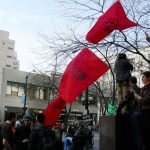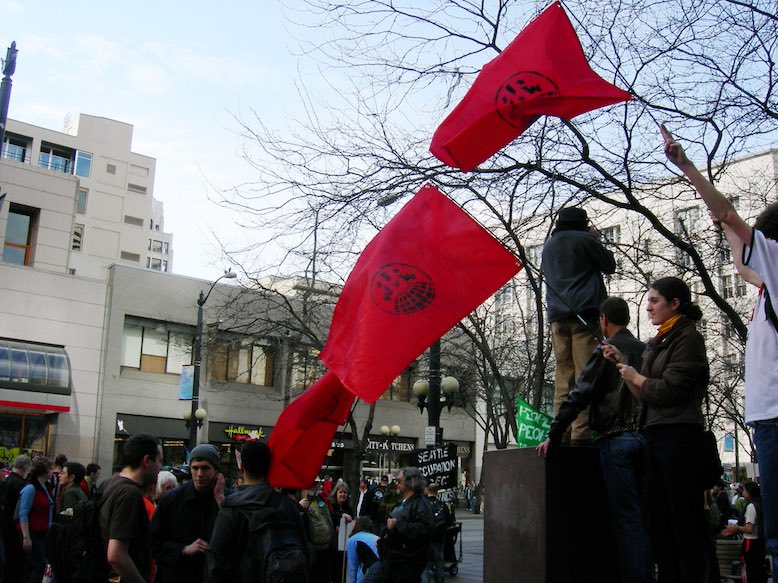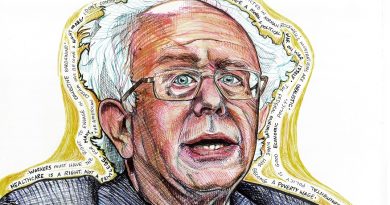Union questions establishment’s potential for change
On Jan. 20, Milo Yiannopoulos — an editor at the conservative website Breitbart — spoke at the University of Washington Seattle campus. Students had started a petition asking the university’s administration to cancel his speech, but UW president Ana Mari Cauce allowed the event to go on, writing that while she finds his views “repulsive,” she claimed that “canceling the event would have sent the message that a risk of disruption or conflict can be used to overwhelm our rights.”
At the event, a member of the Industrial Workers of the World — an international labor union — was shot. The union’s Seattle communications secretary, who opted to remain anonymous, said in an interview that the victim was helping resolve a conflict at the time of the shooting.
The next day, Marc Hokoana, a Yiannopoulos supporter, turned himself in to police. The UW police department released him pending further investigation.
The communications secretary said that the victim’s recovery is going well, but stated the union was “disgusted” with UW’s response to the incident, which they call a “complete failure to take an active role in creating a safe campus.”
“We understand that institutions such as UW are built upon a variety of power structures including being beholden to wealthy donors and alumni, as well as a legal system that is built upon white supremacy, patriarchy, and a litany of other forms of social domination,” said the secretary.
The union explained that because of these factors, they did not trust the university to deal with potential risks, and attended the event “to resolve the dangerous situation created by Milo and allowed by the administration.”
The secretary said that the publicity the union has received recently has caused some problems, as they have been targeted online. However, they acknowledge that there has been an upside to the publicity they have received, pointing to a large influx of people interested in joining. They say they have experienced “rapidly-increasing growth” recently.
The union fears that while labor organization has always been difficult, it will become even harder under the Trump administration. They cite Republican anti-union legislation, as well as illegal crackdowns on unions as examples of what they fear is “just the beginning” of “a full-on assault” on unionization.
Yet they remain optimistic, stating that the challenges they face only “further reinforce our desire and drive to continue onward as we seek to build community autonomy and end capitalism.”





